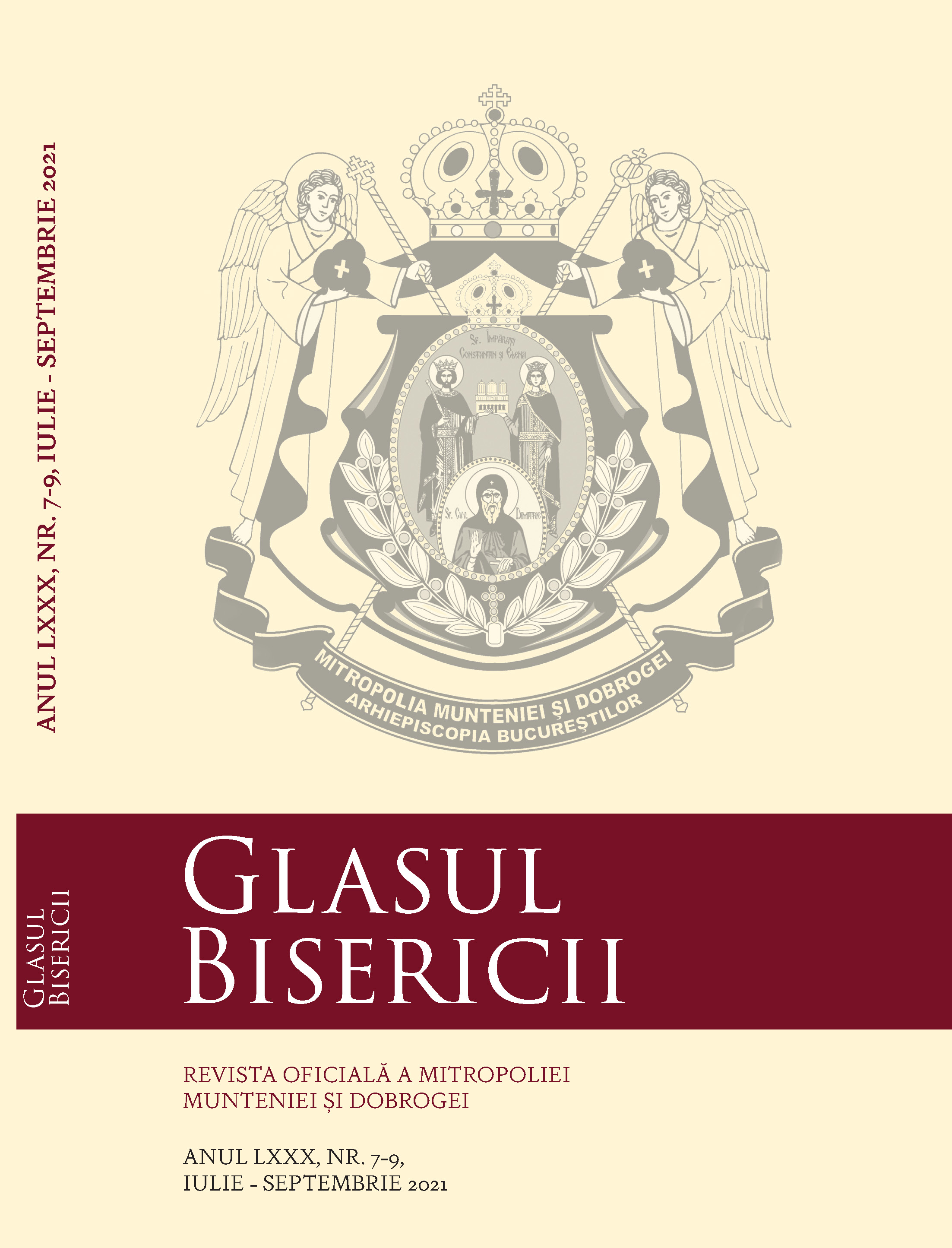Etica nicomahică și morala creștină
The Nicomachean Ethics and Christian morality
Author(s): Claudiu-Dan SimionSubject(s): Christian Theology and Religion, Ethics / Practical Philosophy, Eastern Orthodoxy
Published by: Arhiepiscopia Bucureștilor
Keywords: nicomachic ethics; Christian morality; virtue; happiness; εὐδαιμονία; soteriology;
Summary/Abstract: The ancient period when Aristotle wrote his work, Nicomachean Ethics, exposes different philosophical-ethical visions, having as common point the status of the human individual in society, the harmony of the individual’s social life, lived in a virtuous way, through profound ethical implications. The proximity of the historical period of time between the functioning of Plato’s Academy, Aristotle’s Lykeion and the University of Costantinople (Πανδιδακτήριον τῆς Μαγναύρας) makes the ethical-moral debates between Ariatotelian ethics and Christian morality fully justified. The values of cosmopolitanism and individualism appear as philosophical-social paradigms through their cultural content, but make explicit the conception of philosophy as a way of life, and not just as a theorizing. Or not only theology but also economy of salvation, in the Christian sense. Just as the Stoic philosopher Zeno of Kition educated his disciples about boldness in the face of life’s trials, so the Holy Fathers urged their disciples not only to boldness, but especially to live an authentic life at the cost of martyrdom sacrifice, in the service of the virtue of God’s love and of His creation. Both Nicomachean ethics and Christian morality refer to the happiness of the human being, in addition to Christian morality is added the virtue of spiritual love, boundless and projected to eternity, following the model of divinity.
Journal: Glasul Bisericii
- Issue Year: 80/2021
- Issue No: 7-9
- Page Range: 107-129
- Page Count: 23
- Language: Romanian
- Content File-PDF

